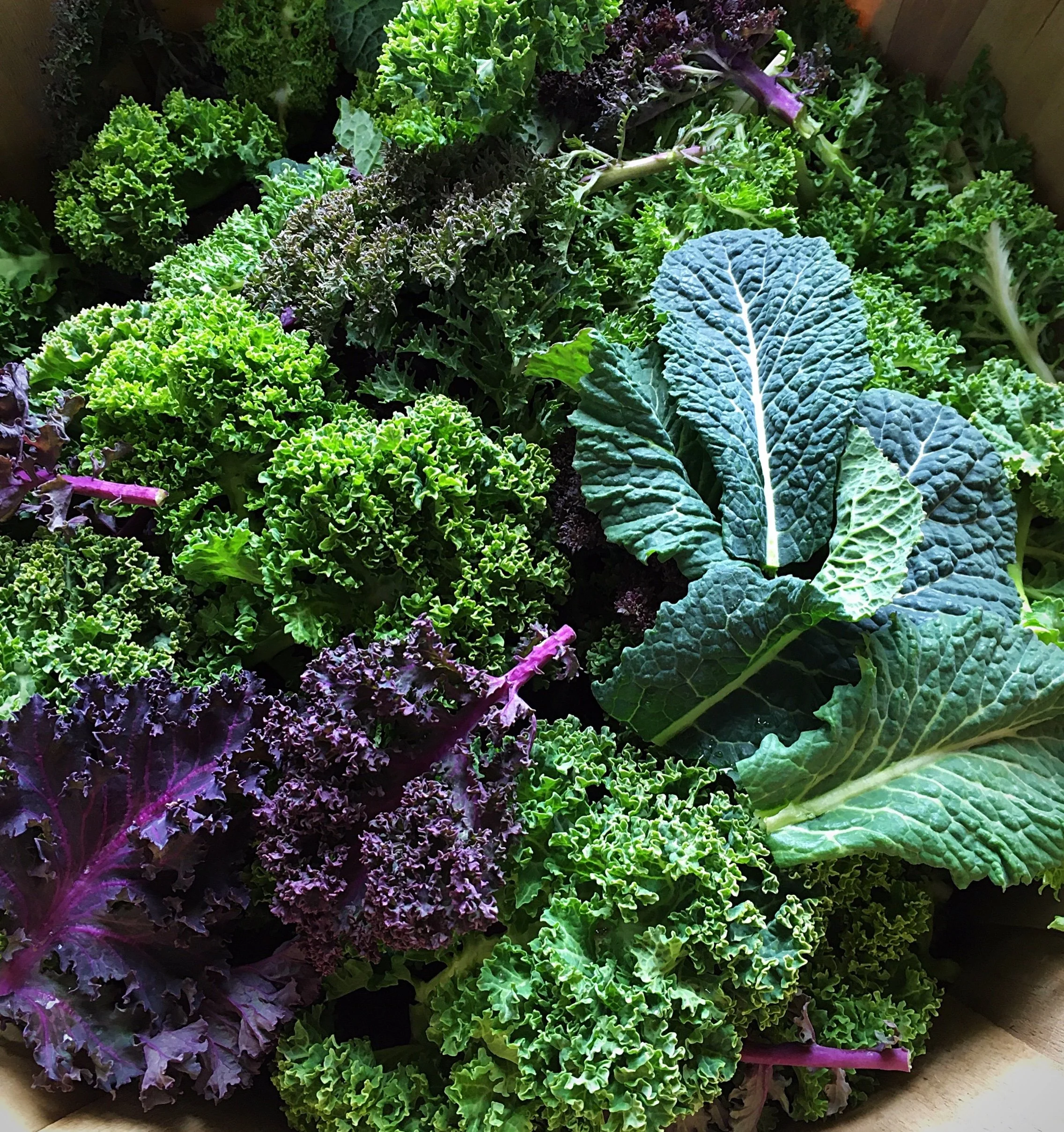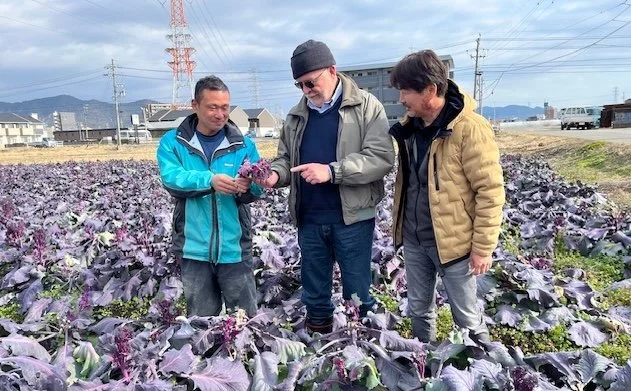Rick Grazzini, Garden Genetics
Columbus, Ohio
With more than 35 years of experience in entrepreneurship, a PhD in plant genetics, and a passion for plants, Rick Grazzini took the proceeds from the sale of an analytical chemistry lab he had run for 18 years and began the business of developing new plant varieties. GardenGenetics® was formed in 2007. We are “The Breeding Behind Your Favorite Varieties,” he declares on the company’s website. About 110 vegetatively-propagated GardenGenetics plant varieties are on the market, and many more are in the pipeline.
“GardenGenetics is an independent plant breeding company,” Grazzini stresses. His team includes his wife Andrea who takes care of the back office, and individuals and companies around the globe. He utilizes tissue culture labs in the U.S. and Germany, and various licensees, seed production partners, and other breeding companies. Until 2023, he ran the company out of a small farm in central Pennsylvania that encompassed 20 acres and 20,000 square feet of greenhouse space as well as a tissue culture lab. About 90% of GardenGenetics plant varieties are propagated by unrooted cuttings or tissue culture; the rest are seed based. “We had 25 employees at one time,” he said. Downsizing and restructuring the business changed the view outside his back door, but not the work itself. “I contract greenhouse space as needed, and lease field space for trials about 40 minutes from my new home in Columbus, Ohio,” he explains. “I drive out there to check my trials at least three days a week during the growing season.”
Several colorful varieties of kale are among GardenGenetics introductions.
“I’m always looking for niche opportunities,” Grazzini says. One of those opportunities lies in strongly scented herbs, which can be bred for higher concentrations of essential oils. When extracted, these can be used in natural products. “People are also interested in natural dye alternatives,” he adds. Pigments of all colors can be found in plants. The challenge, he notes, is extracting pigments that have stability comparable to synthetics. Yet another particular interest is basil. “I’ve been chasing resistance to Basil Downy Mildew since 2012,” Grazzini explains. He’s grown as many as 20 varieties in side-by side trials in order to evaluate them. “Different strains of powdery mildew have evolved, which can affect even varieties bred to be resistant.” Using traditional breeding methods he has developed a new variety with good resistance, a classic basil flavor, and a dense, bushy form that can stand up to the weather.
“One of my joys is helping the next generation learn to be entrepreneurs and plant breeders,” says Grazzini. “I prioritize relationships.” He travels frequently to trade shows and to University Research Centers, and coaches people around the world in the nuances of plant breeding, an awful lot of which, he notes, can’t be learned from books. He also teaches seminars and lectures on what it takes to be a successful entrepreneur at Penn State University, and is involved in their Center for Pollination Research.
Though Rick Grazzini no longer lives 10 miles from the main Penn State Campus, his new location and downsized lifestyle has one big compensation. His daughter and her family live just six blocks away. “We have family dinner at our house at least twice a week—it’s an important part of our lives. I still work on my business every day, though the work is less intensive. And, I’ve ripped out my front lawn and turned it into a garden.”
Rick Grazzini works with farmers and breeder representatives around the world to grow GardenGenetics varieties. This field of Purplicious tenderstem broccoli was in Gifu, Japan.




